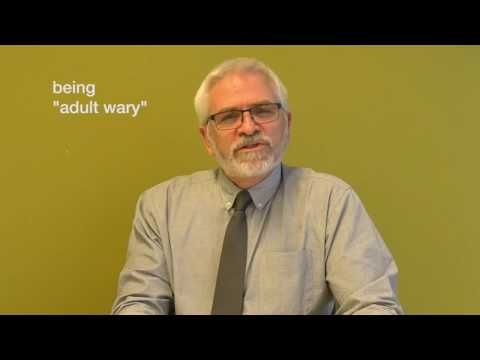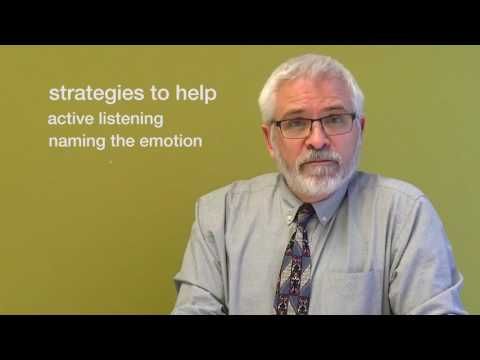Supporting a child who's experienced trauma
View 3 videos by clinical psychologist Dr Howard Bath on understanding children and young people who've experienced trauma.
To support your role as a carer, Family and Community Services has developed 3 videos on trauma with clinical psychologist Dr Howard Bath. Understanding trauma will help you to support the children and young people in your care to feel safe, develop healthy connections with people, and use adaptive coping mechanisms to help them deal with their past.
These videos will help you understand trauma and how to:
- meet the additional needs of children and young people who have experienced trauma
- support children and young people to cope with the past and have a bright future
- provide new strategies to manage challenging behaviours that stem from trauma.
Understanding trauma series: The 3 core needs of children
1. Feeling safe

Understanding trauma: three core needs of children – part 1 feeling safe
This is the first of 3 videos on the core needs of children and young people in care who have experienced trauma. This video highlights how kids who have experienced trauma are continually alert to the possibility of threat. They experience chronic stress and anxiety that impacts on their emotions and behaviour. Carers can support children and young people by creating an environment of emotional and culturally safety where their emotions and perceptions are acknowledged and respected.
2. Healthy connections

Understanding trauma: three core needs of children – part 2 healthy connections
This video focuses on the importance of healthy connections for kids in care who have experienced trauma. Kids and young people in care can be acutely aware that they are different and can hunger for normality. Mixing with local kids and your community helps normalise their experience and develop healthy connections with caregivers. Carers can support healthy relationships by focussing on their connections with kids, rather than focusing on teaching them how to behave.
3. Adaptive coping

Understanding trauma: three core needs of children – part 3 adaptive coping
Children and young people in care who have experienced trauma can have difficulty controlling their emotions and impulses. Research tells us that learning to manage emotions is based on the availability of support, coaching and trust from caregivers – so your role as a carer is vital. Active listening and focusing on the feelings that are driving their behaviour will assist these kids develop healthy and adaptive strategies to cope with the past.
About Dr Howard Bath
Dr Bath has more than 40 years experience working with children and young people in the child protection and youth justice systems. Trained as a clinical psychologist, he has been a houseparent, youth worker, manager, clinician and agency director. From 2008 to 2015 Howard was the inaugural Children's Commissioner of Australia's Northern Territory with responsibility for the wellbeing of vulnerable children. He currently provides a range of consultancy and training services across Australia and overseas through the Allambi Care organization. He can be contacted at howardb@allambi.org
Additional trauma resources
Our DCJ Psychology team regularly produces materials to support carers in their role. The below resources were developed by the team.
Helping children feel safe after trauma
Much of the challenging behaviour we see in children in care comes from feeling unsafe. The more they fear you’ll abandon them, the ‘naughtier’ they may seem. This is largely because of previous experiences of being unable to trust their parents.
The human brain can only develop through experiencing love and care in infancy. When a child has not been cared for properly, they don’t learn how to soothe themselves, and their language is slow to develop. This means it’s hard for them to ask for help, and because they may be upset most of the time, they’re likely to tantrum in frustration instead.
Music heals hurt minds
Throughout human history people have understood the power of music to soothe and calm children. Rhythm helps people regulate their feelings.
Different areas of the brain are affected by trauma and neglect depending on the age of the child. If a child has been mistreated as a baby then it is especially important to stimulate the pathways in the brain which can promote healthy development by music, singing and verse.
The brain is sensitive to these because they offer children a way to express their feelings, perceptions, thoughts, and memories in ways that words cannot.
More help
If you need further assistance in supporting children in your care who have experienced trauma, talk to your caseworker.